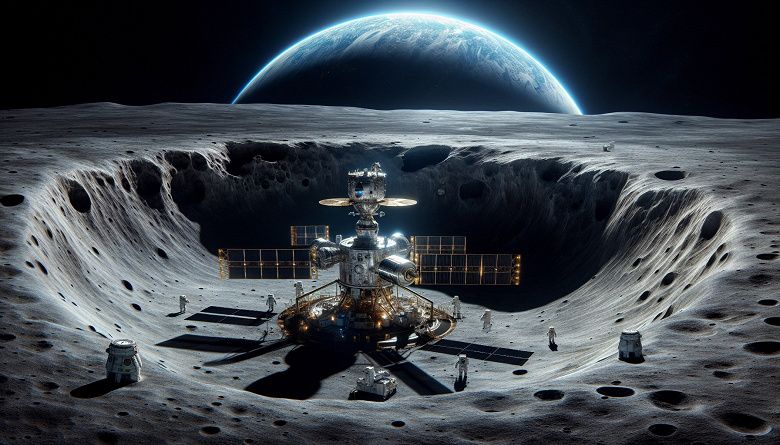The State Duma ratified the agreement with China
12 countries have already joined the Russian-Chinese project for the construction of the International Scientific Lunar Station (ISS), as stated by Roscosmos Deputy General Director for International Cooperation Sergei Savelyev.
«To date, 12 countries have joined our joint project with China, including the United Arab Emirates, South Africa, Pakistan, Belarus, Turkey and several others. And international organizations that are involved in space activities also joined our project», — stated Savelyev.
He also answered the question whether countries unfriendly to Russia could negatively affect the implementation of the project: «As for the likelihood of a threat of split if unfriendly countries enter our project, we do not see such risks, because the leaders in this project are China and Russia».
According to the plan, as part of the implementation of the lunar program, automatic stations «Chang'e-6», «Chang'e-7» will be sent to the natural satellite of the Earth. and «Chang'e-8». First, key technologies will be tested that will allow the construction of a complex of experimental and research facilities with remote control capabilities to begin. The first mission will go to the Moon in 2026, and the project is planned to be completed by 2028.
Earlier this week, the State Duma ratified at a plenary session an agreement with the Chinese government on cooperation in the creation of the station.
The implementation of bilateral Russian-Chinese cooperation in the field of creation and use of continuous casting materials will improve the efficiency of research carried out at the continuous casting stations due to the reduction of costs for the use and creation of continuous casting materials and avoid potential technical and financial risks when implementing research and use projects Moon, as well as to train scientists and specialists who will implement scientific space projects in the future.
Excerpt from the explanatory note

